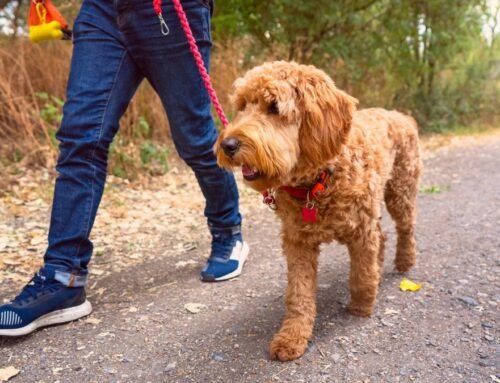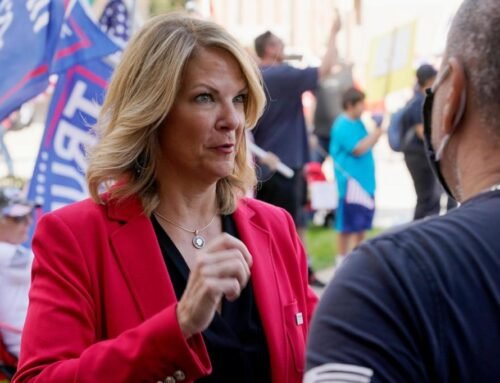Walk up to Waylon Lewis’ house on the Hill, past the exuberant flowers spilling across the sidewalk and there, up on the front porch — just above a pair of blue-and-green Newton running shoes and the Spot belt-drive bicycle that is his main mode of transportation — is a chalkboard with the following Lewis quote: “Now is a good place to be.”

Simple yet profound, like the best philosophy, it is a good way to sum up Lewis, the 44-year old Boulder native, founder of Elephant Journal, decades-long meditator, author, cyclist, climber, talk show host, Columbia Journalism Review cover boy, and a leading spokesman for the “mindful living” movement his Elephant Journal helps energize.
Add runner to that list. Lewis ran the Bolder Boulder as a kid, as many Boulder youth do, then had a hiatus until taking up running six years ago at the urging of former Camera outdoor columnist Ryan Van Duzer. Lewis has studied meditation intensely for much of his life, influenced by his parents, both part of Boulder’s nascent Buddhist movement, which sprung up when Tibetan lama Chögyam Trungpa moved to town in the early 1970s.
“I’m not an athlete, not a (Van) Duzer,” said Lewis, as we sat chatting on a bench in Mattie Dean Gardens after he returned from a bike ride up Four Mile Canyon to Gold Hill for its annual Fourth of July celebration. “I’m a normal guy staying in shape. Yesterday, I played basketball. I now run 40 minutes two to three times a week, with a stop at the Trident (Cafe) for sourdough and a macchiato — it helps the motivation,” he adds with a laugh.

Waylon Lewis / Courtesy photo
Elephant Journal founder Waylon Lewis is one of a growing number of people combining a meditation practice with an outdoor activity such as running.
“I want to have fun and be present.”
What I have noticed over the years is that most meditators are not runners, and most runners are not meditators. Now, in an interesting parallel movement, meditation has moved into running and other outdoor activities, and running has moved into meditation, as exemplified by Boulder’s Marty Kibiloski (2:23:24 marathoner), Hardrock 100 champ Timothy Olson, Elinor Fish, Colleen Cannon and Janet Runyan, among others.
“At first glance, meditators and runners seem as far apart as you can get,” said Kibiloski, who will be leading a running/meditation/yoga retreat at the Shambhala Mountain Center on Labor Day weekend. “One is just sitting still, and the other is movement of the body on the road, trail or track. The meditators already know the secret benefits of sitting still and working with the mind to turn the mind into our ally.”
Lewis and Kibiloski both advised any runner wanting to start a meditation practice to pick a time and stick with it consistently. Both prefer in the morning upon waking and/or just before sleeping. Just as in running, getting proper instruction is important for tyros, said Lewis, who has been on many retreats at the Shambhala Mountain Center and at Karmê Chöling in Vermont, up to a month at a time, a practice known as “dathun.”
“Group meditation is particularly helpful for anyone new to meditation,” said Lewis. “It helped ground me in my meditation practice. It is different than doing it alone. It is important to learn the technique, otherwise you can be like a sailboat without a rudder, pulled this way or that by the wind.”

Mike Sandrock / For the Camera
Elephant Journal founder Waylon Lewis recommends newcomers to meditation take a group practice in order to learn the technique and build up a consistent routine.
Before gathering his dog Redford and heading inside for a nap, Lewis emphasized that the point of meditation is not to become a faster cyclist or runner — although that can be the outcome -— but rather to become a better person. In doing so, he said, you will naturally want to help others.
“In meditation, we come back to the present moment,” said Lewis, whose second book, “Self Help is Bad for You,” will be out in the fall. “Our basic nature is goodness, one of kindness and empathy. The wisest, most ‘masculine’ men I have known have been the most compassionate.
“The tough ‘machismo’ fake masculinity leads to tightness — in finances, relationships, work, even play; it will lead you off the cliff,” he added, referring to his bike descent from Gold Hill.
The first runner-who-meditated I met was local Horizons K-8 teacher Peter Hegelbach, a former Princeton miler and silver medalist in the masters world track championships. He agreed with Lewis that the practice of meditation “can help disentangle what it means to be ‘masculine.’ We may identify with a role as a husband, father, or what it is to be a ‘real man’ and how our culture defines these.
“To be still and aware in meditation presents you an opportunity to sense that you really do not possess anything, including an identity (as a runner) that you might grasp onto tightly.”
To which Kibiloski added, “Running and meditation or meditation and running, depending where you start, meet in the middle to form a hand-in-glove relationship that is natural for all of us.”
Check it out
• Boulder ultrarunning champ Timothy Olson leads free weekly meditation and trail runs. They begin at 5 p.m. every Thursday from the Boulder Adventure Lodge. Find out more at facebook.com/pg/bouldercommunityrun/events.
• The “Running with the Mind of Meditation” program will take place Labor Day weekend. The cost of the program is $195, lodging separate. Find out more at shambhalamountain.org/program/run819-running-with-the-mind-of-meditation-and-yoga.
Follow Mike Sandrock: Instagram.com/mikesandrock or Twitter.com/mikesandrock






Leave A Comment